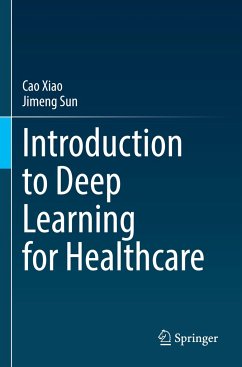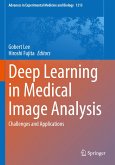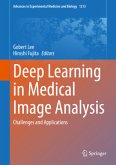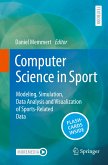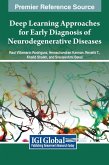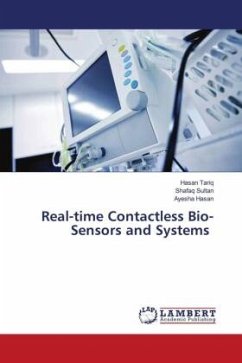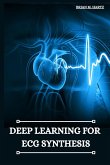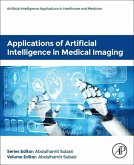This textbook presents deep learning models and their healthcare applications. It focuses on rich health data and deep learning models that can effectively model health data. Healthcare data: Among all healthcare technologies, electronic health records (EHRs) had vast adoption and a significant impact on healthcare delivery in recent years. One crucial benefit of EHRs is to capture all the patient encounters with rich multi-modality data. Healthcare data include both structured and unstructured information. Structured data include various medical codes for diagnoses and procedures, lab results, and medication information. Unstructured data contain 1) clinical notes as text, 2) medical imaging data such as X-rays, echocardiogram, and magnetic resonance imaging (MRI), and 3) time-series data such as the electrocardiogram (ECG) and electroencephalogram (EEG). Beyond the data collected during clinical visits, patient self-generated/reported data start to grow thanks to wearable sensors'increasing use. The authors present deep learning case studies on all data described.
Deep learning models: Neural network models are a class of machine learning methods with a long history. Deep learning models are neural networks of many layers, which can extract multiple levels of features from raw data. Deep learning applied to healthcare is a natural and promising direction with many initial successes. The authors cover deep neural networks, convolutional neural networks, recurrent neural networks, embedding methods, autoencoders, attention models, graph neural networks, memory networks, and generative models. It's presented with concrete healthcare case studies such as clinical predictive modeling, readmission prediction, phenotyping, x-ray classification, ECG diagnosis, sleep monitoring, automatic diagnosis coding from clinical notes, automatic deidentification, medication recommendation, drug discovery (drug property prediction and molecule generation), andclinical trial matching.
This textbook targets graduate-level students focused on deep learning methods and their healthcare applications. It can be used for the concepts of deep learning and its applications as well. Researchers working in this field will also find this book to be extremely useful and valuable for their research.
Deep learning models: Neural network models are a class of machine learning methods with a long history. Deep learning models are neural networks of many layers, which can extract multiple levels of features from raw data. Deep learning applied to healthcare is a natural and promising direction with many initial successes. The authors cover deep neural networks, convolutional neural networks, recurrent neural networks, embedding methods, autoencoders, attention models, graph neural networks, memory networks, and generative models. It's presented with concrete healthcare case studies such as clinical predictive modeling, readmission prediction, phenotyping, x-ray classification, ECG diagnosis, sleep monitoring, automatic diagnosis coding from clinical notes, automatic deidentification, medication recommendation, drug discovery (drug property prediction and molecule generation), andclinical trial matching.
This textbook targets graduate-level students focused on deep learning methods and their healthcare applications. It can be used for the concepts of deep learning and its applications as well. Researchers working in this field will also find this book to be extremely useful and valuable for their research.

